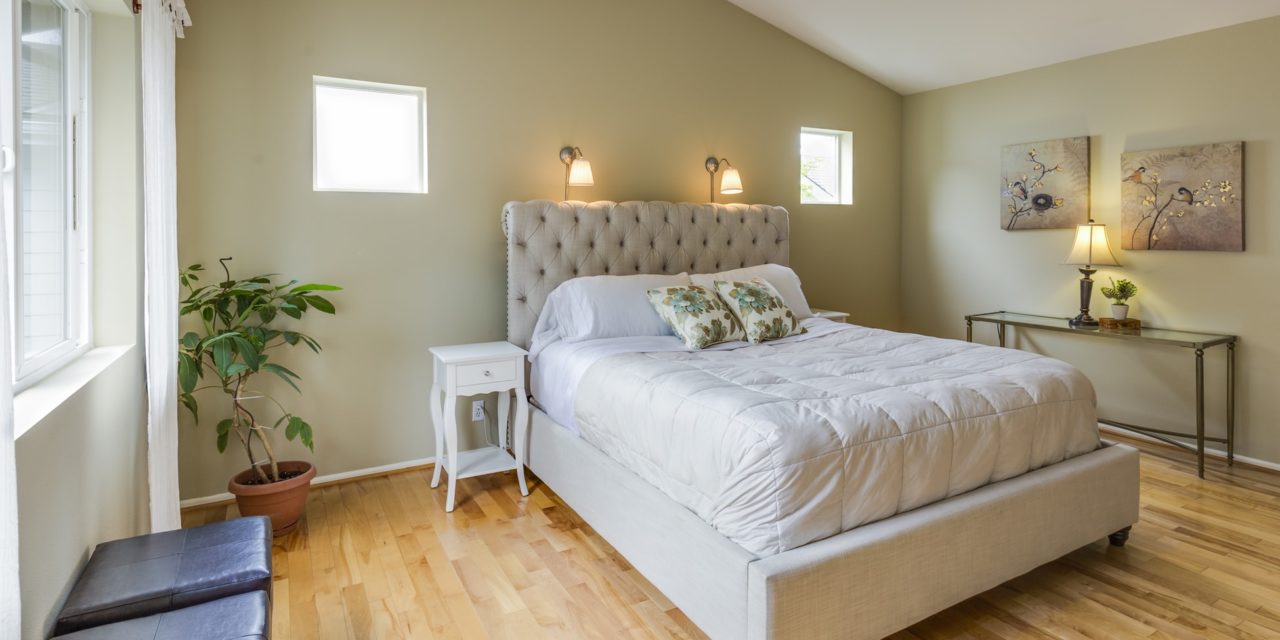[ad_1]
Plaster is a white powder consisting mainly of gypsum. It can be mixed with water to form a thick slurry that can be used to cast into moulds to reproduce objects or it can be used to make a mould that can reproduce finely detailed models.
A variety of plasters and gypsum cements are used in mould making, master models and finished art forms. These products originate from the highly versatile raw material gypsum more commonly known as “Plaster of Paris”.
Plasters used for Mould Making:
– Pottery Plaster
-Ultracal
Plasters used for Casting:
– Pottery Plaster
– Casting Plaster
– Hydrocal
– Hydrostone
– GardenCast
– FGR-95
Mould Making Plasters
Pottery Plaster
This is a high quality white plaster with the ability to absorb large amounts of moisture. This makes it ideal for use as a pottery mould by absorbing the water from the pottery slip used in casting. This leaves a semi- dry reproduction of the shape of sufficient thickness, to enable it to be removed from the mould for subsequent kiln firing, after the excess slip has been poured from the mould.
Ultracal 30
This is the most widely used gypsum cement with the lowest expansion rate available. It is ideal for casting polyester and epoxy resins as well as being the industry standard for casting foam latex. It has high strength with less tendency to warp. It has a set time of 30 minutes. It has a dry compressive of 6000psi.
Casting Plasters
Casting Plaster
This product is used for the economical production of figurines etc. from rubber or plastic moulds. It is ideal for young children in kindergarten and primary schools as a craft and educational tool. It is widely use in the production of” whiteware” for use in plaster painting classes.
It is ideally suited for these activities as it has a hard surface that resists chipping and provides an excellent surface for decorating.
White Hydrocal
This is a good general purpose product. It offers slightly better heat resistance together with higher wet and dry strengths. It is ideal for making pottery case moulds.
It is a neutral gypsum cement with a set time of 25 minutes. It is commonly used for casting both hollow and solid lamp bases and figurines. It is very white in colour.
Hydrocal 105
A good strong mould material. Commonly known as “buff” stone due its colour. It is ideal for casting prosthetics and for dental stones with controlled expansion.
Hydrostone TB (USG)
Hydrostone is a gypsum cement especially suitable for jobs where high strength and resistance to water absorption are necessary. It is used in high quality novelty art and statuary castings.Chess pieces is a typical, end use. It works well in latex, silicone and polyurethane moulds.
Garden Cast
This gypsum cement may be used outdoors. It sets in 30 minutes and can be mixed with equal quantities of sand for outdoor statuary
FGR 95 Alpha Gypsum Cement
FGR 95 is a unique high strength gypsum cement. It is safe and non-toxic with zero flame and smoke spread. It is designed for fibreglass reinforcement. It is used for indoor intricate architectural elements.
This is used in the Forton acrylic polymer modidified plaster formulations.
What is Gypsum Cement
To give a general distinction between the two commonly used terms, plaster and gypsum cement. Plaster generally refers to a lower strength plaster and gypsum cement is a variety of gypsum plaster that is of a higher quality with special properties.
Gypsum cements generally have a low moisture absorption, high compressive strength and fire resistance. They are more expensive and additional care must be taken in the mixing. In other words they are harder and stronger than ordinary plaster.
[ad_2]
Source by Stan Alderson


